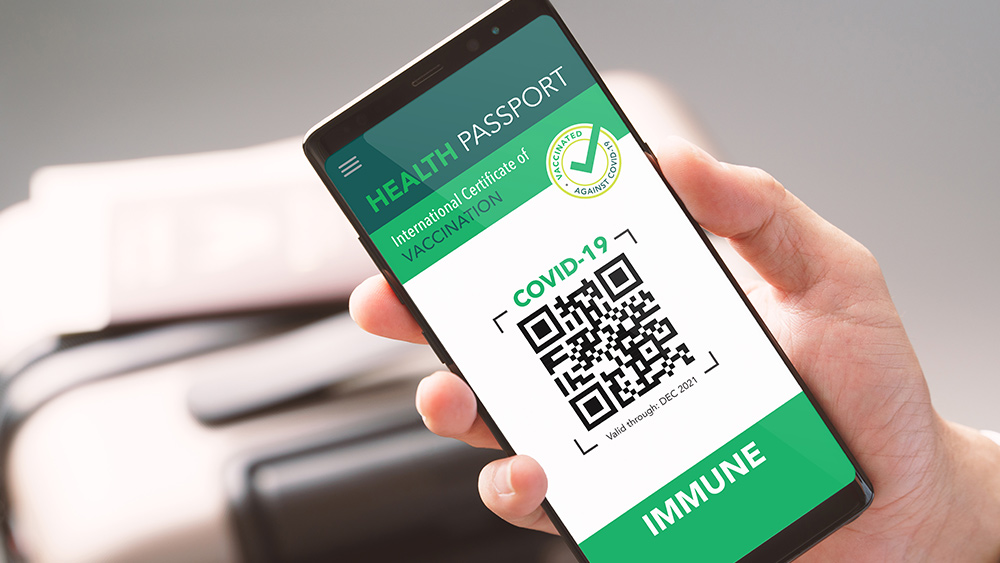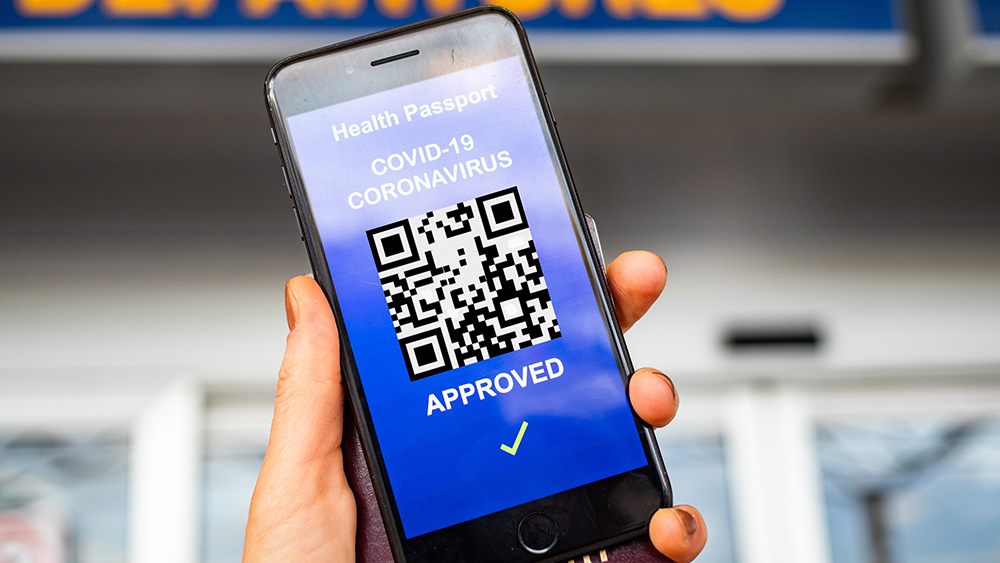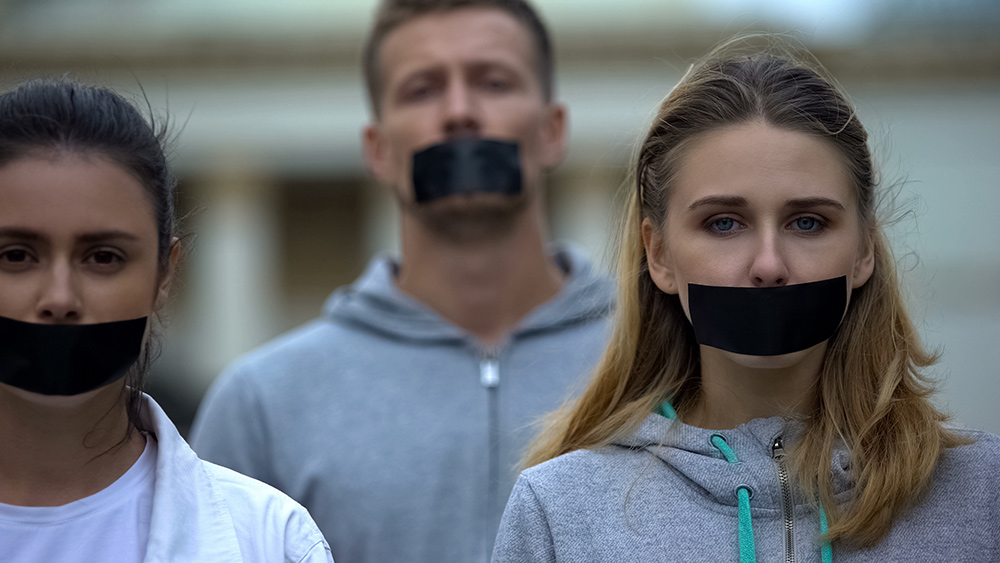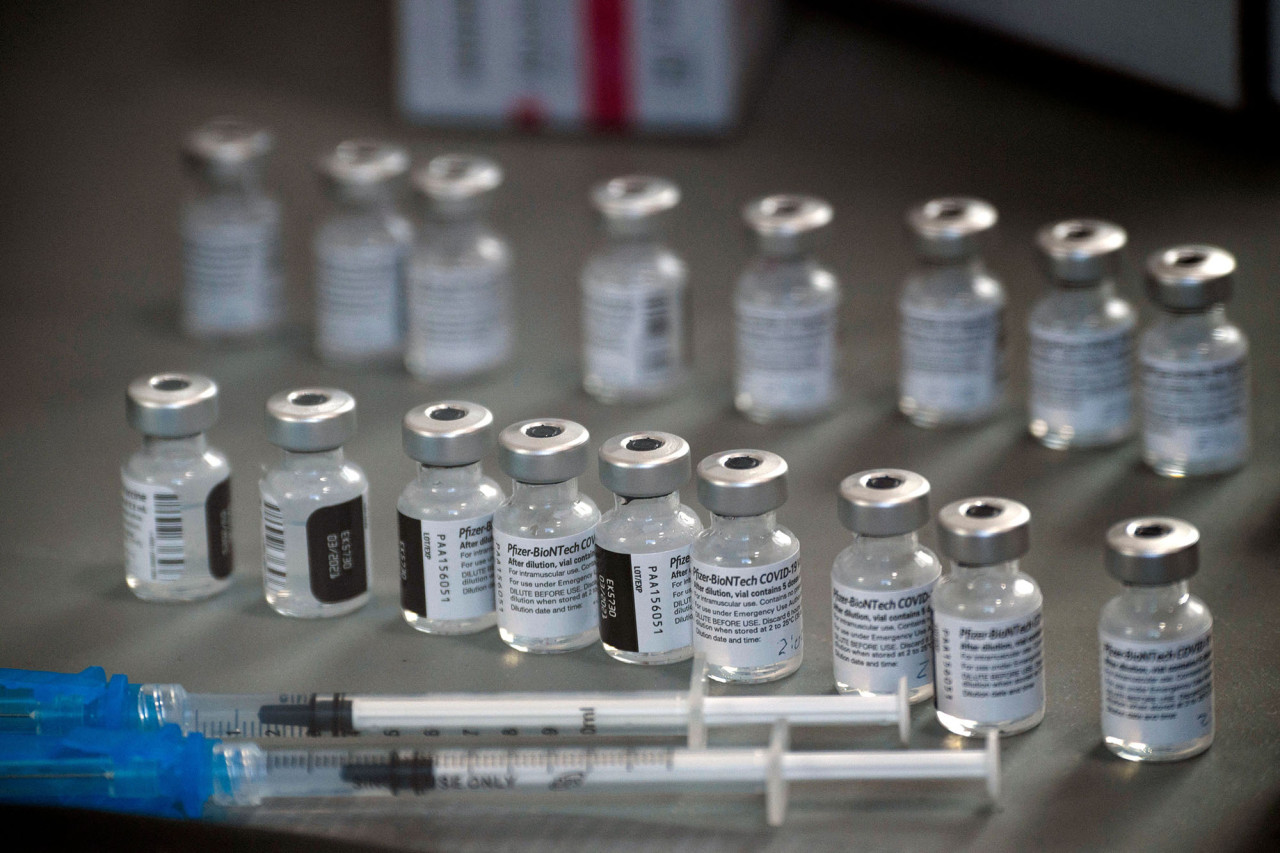Courts set precedent for mass FORCED VACCINATION of all children
04/22/2024 / By Cassie B.

A Court of Appeals in North Carolina has set a precedent for the forced vaccination of all children with a controversial ruling involving a 14-year-old boy who was given a COVID-19 vaccine without his consent or that of his parents.
The court ruled unanimously that the Public Readiness and Emergency Preparedness Act (PREP Act) preempted a state law that could have protected the minor, Tanner Smith.
The problem began when Smith, who is a student at Western Guilford High School in Greensboro, was informed that he had been exposed to COVID-19 at school. In a letter to his parents, the school district said that he could not return to football practice until he had been given clearance by a public health professional unless he got tested for the virus. The letter added that a local school would be holding a free clinic offering COVID-19 tests and that consent for the tests would be required.
The next day, Smith went with his stepfather to the clinic to take advantage of the free testing because he was eager to resume football practice. However, it turned out that the school was also holding a free vaccination clinic alongside the testing. With his stepfather waiting in the car, Smith filled out a form that he assumed was related to the testing he was instructed to undergo. A clinic worker reportedly attempted to contact his mother, who was not available, but they did not try to reach his stepfather.
Although Smith insisted to the workers at the clinic that he was there to receive a test and not the vaccine and made it clear he did not want to be vaccinated, a clinic worker reportedly said “give it to him anyway.” He ended up receiving the Pfizer COVID-19 vaccine over his protests and without obtaining parental consent.
Smith and his mother, Emily Happel, sued their school district, along with the vaccine clinic, for violating Tanner’s bodily autonomy, his mother’s constitutional liberty and parental rights, both parties’ federal constitutional rights and battery. When a trial court dismissed this complaint on the grounds that the PREP Act shielded the defendants, they appealed the decision.
Unfortunately, the appeals court has affirmed the original decision by the trial court and said that even though North Carolina state law does require healthcare providers to get written consent from parents or legal guardians before giving minors vaccines with emergency use authorization that have not been fully approved by the FDA, the court maintains that the PREP Act preempts this state law, although it acknowledged that Tanner suffered due to the “egregious conduct” of being given the shot against his wishes.
The PREP Act can be used to allow forced vaccination
The PREP Act took effect in 2005, and it provides immunity from liability and lawsuits to parties carrying out “countermeasures” recommended by the Secretary of Health and Human Services that are used in a declared public health emergency. It also covers manufacturers and distributors of countermeasures such as vaccines.
In other words, it doesn’t matter at all that Smith did not want the vaccine and his parents did not consent to it; the PREP Act’s broad protections mean that they can do whatever they want. As the court noted, “Wisely or not, the plain language of the PREP Act includes claims of battery and violations of state constitutional rights within the scope of its immunity, and it therefore shields Defendants from liability for Plaintiffs’ claims.”
This sets a dangerous precedent and means that no one will be held accountable for forcibly giving children vaccines under the guise of a health emergency.
Sources for this article include:
Submit a correction >>
Tagged Under:
appeals court, big government, court ruling, covid-19, forced vaccination, health freedom, liberty, North Carolina, outrage, PREP Act, vaccine wars, vaccines
This article may contain statements that reflect the opinion of the author
RECENT NEWS & ARTICLES
MedicalMartialLaw.com is a fact-based public education website published by MedicalMartialLaw.com Features, LLC.
All content copyright © 2021 by MedicalMartialLaw.com Features, LLC.
Contact Us with Tips or Corrections
All trademarks, registered trademarks and servicemarks mentioned on this site are the property of their respective owners.




















